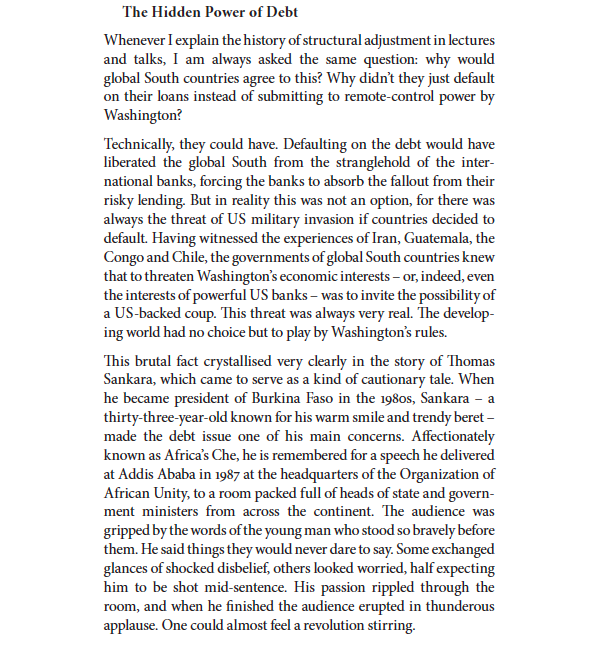
This is surely one of the most important climate facts we've learned this year: high-income countries use a staggering 20x more energy than is actually required to ensure flourishing lives for all.
Put another way, high-income countries could reduce their energy use by *95%* while still providing good living standards for everyone. Source: sciencedirect.com/science/articl…
What's so powerful - and hopeful - about this fact is that high-income countries generate on average 10% of their final energy from renewables. In other words, we already have sufficient renewable capacity for a flourishing clean energy economy...
...if we organise it around human needs rather than around capital accumulation.
• • •
Missing some Tweet in this thread? You can try to
force a refresh






